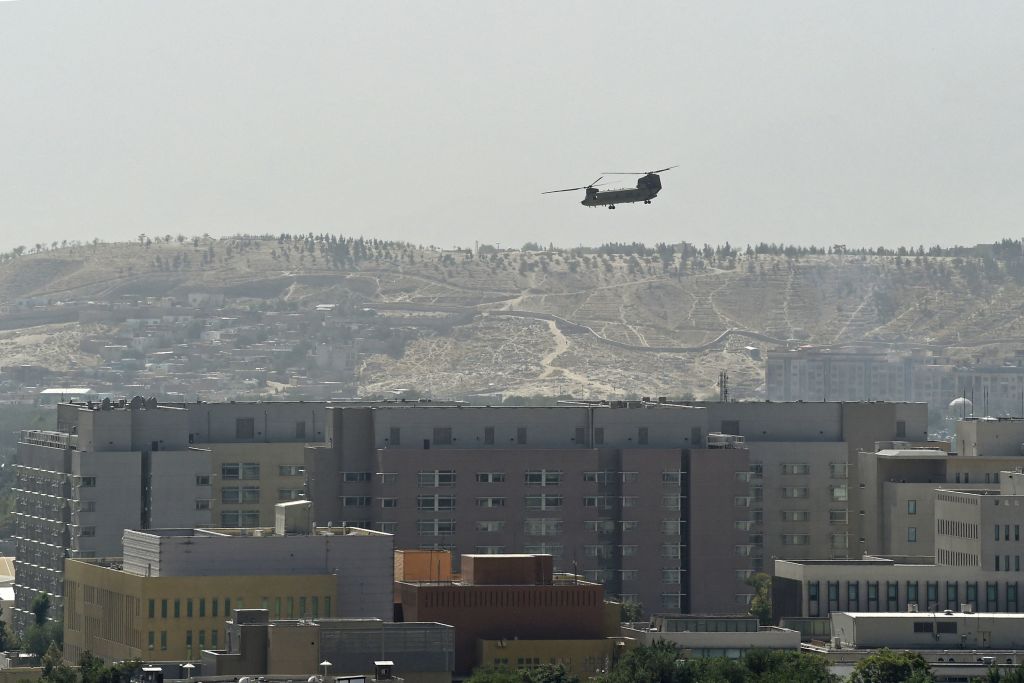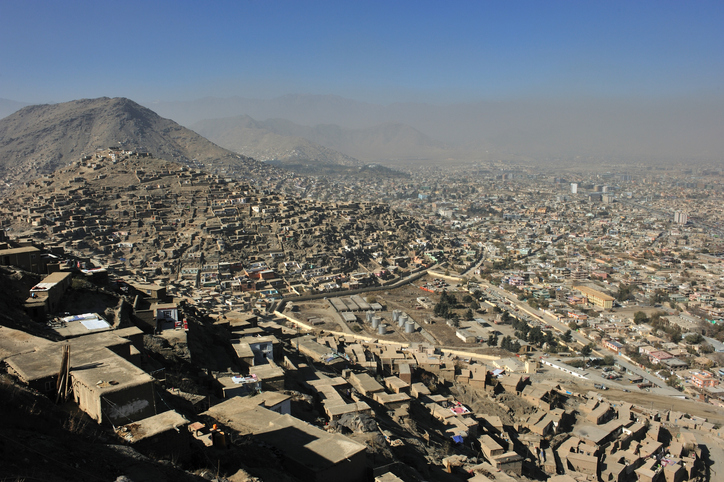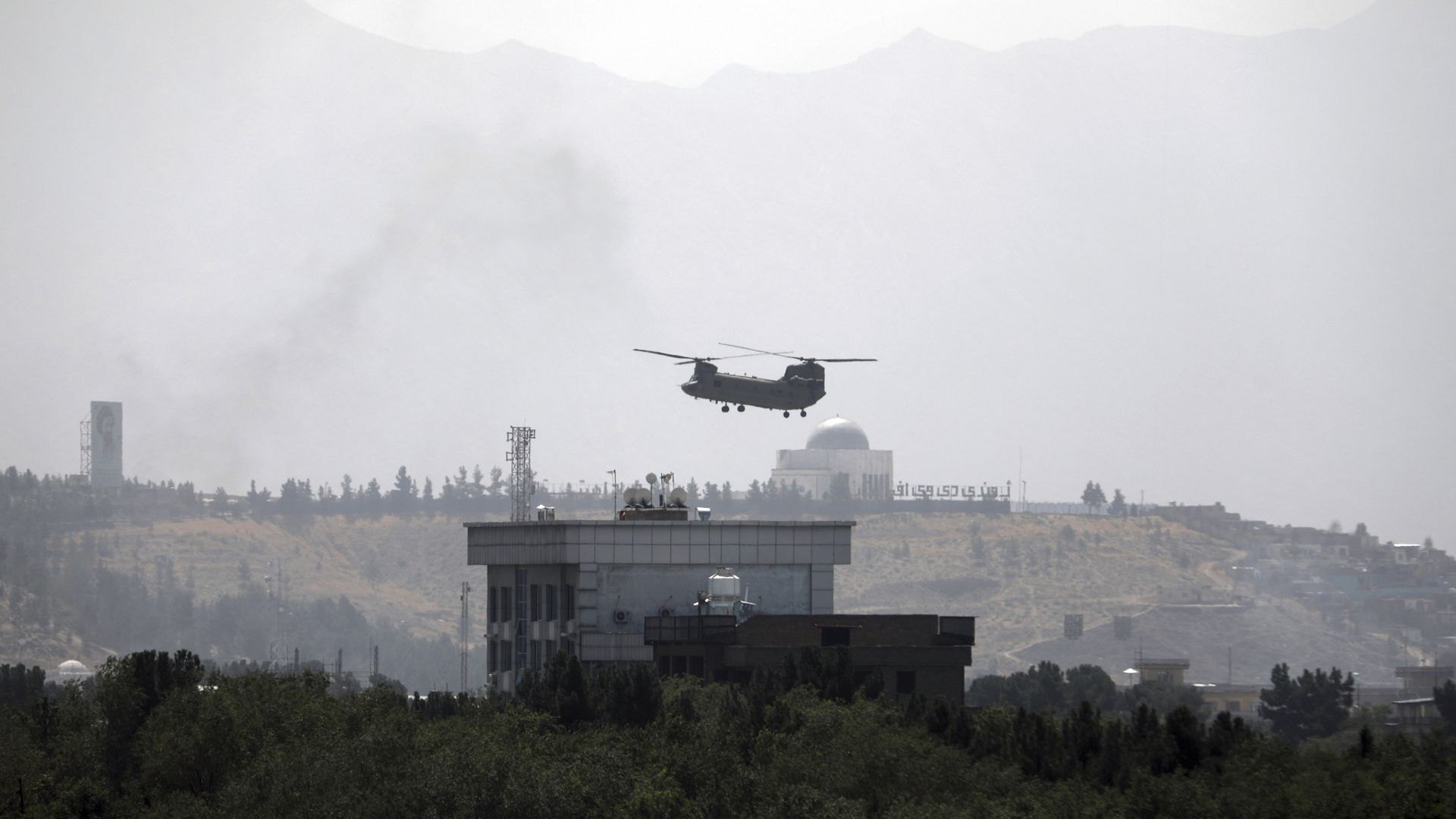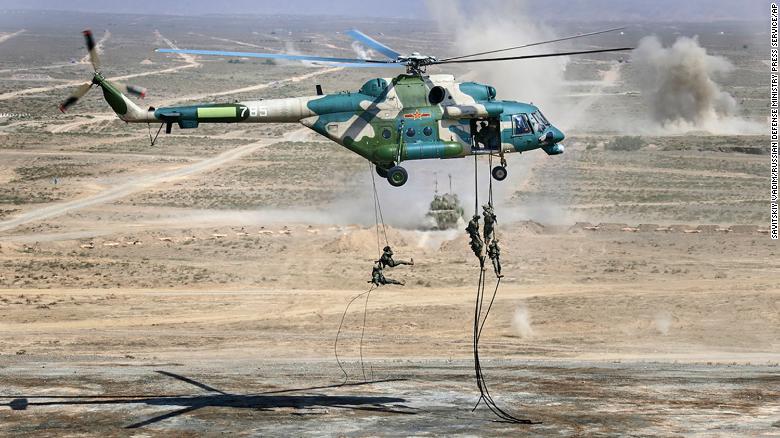Maj Gen PK Mallick, VSM (Retd)
Introduction
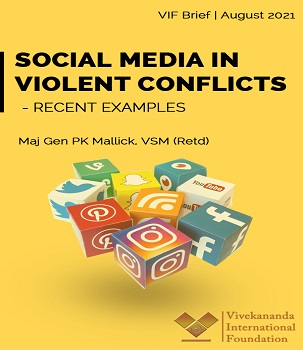
Alan Rusbridger, the then editor-in-chief of the Guardian in his 2010 Andrew Olle Media Lecture, stated, “News organisations still break lots of news. But, increasingly, news happens first on Twitter. If you’re a regular Twitter user, even if you’re in the news business and have access to wires, the chances are that you’ll check out many rumours of breaking news on Twitter first. There are millions of human monitors out there who will pick up on the smallest things and who have the same instincts as the agencies—to be the first with the news. As more people join, the better it will get. ”
The most important and unique feature of social media and its role in future conflicts is the speed at which it can disseminate information to audiences and the audiences to provide feedback.



